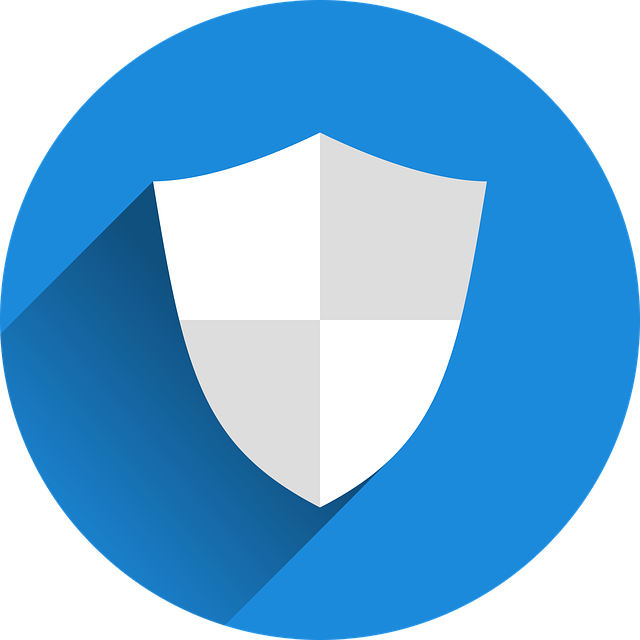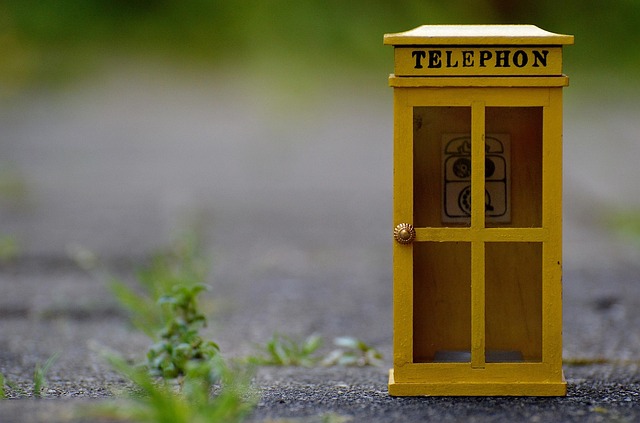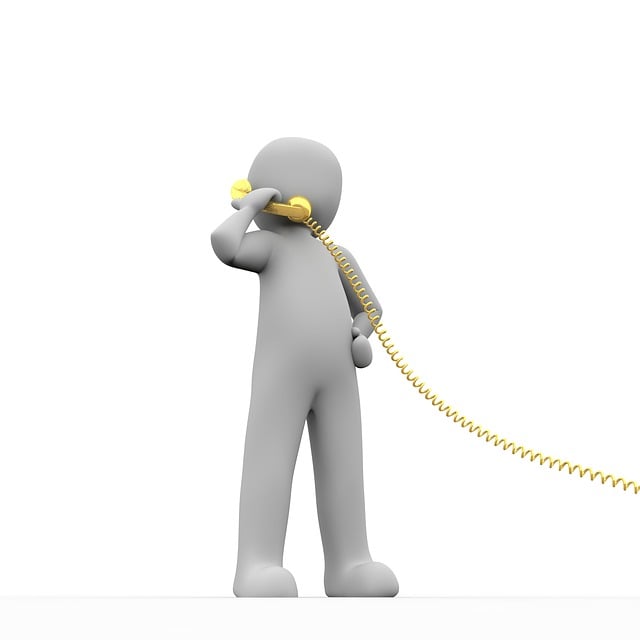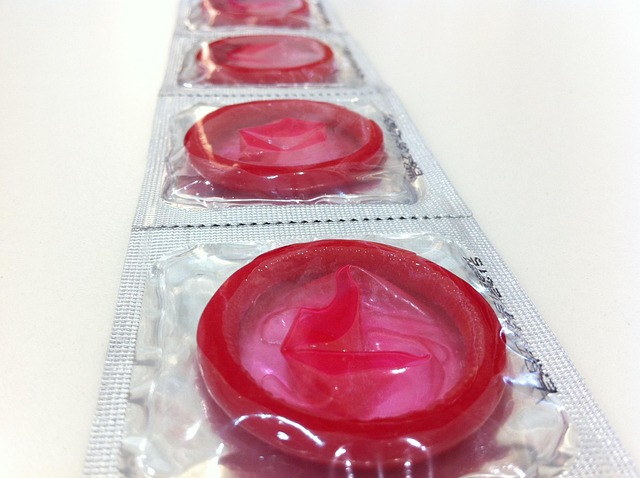Healthcare call centers are vital in ensuring patient data security by adhering to HIPAA standards. They employ advanced technologies like encryption, multi-factor authentication, and strict access controls to safeguard Protected Health Information (PHI). Regular training, audits, and logging practices reinforce a culture of confidentiality, fostering trust between patients and providers, especially in remote consultations. Outsourcing call handling to specialized, HIPAA-compliant services is a strategic move for healthcare organizations, offering improved secure call handling healthcare, reduced risks, enhanced patient engagement, and streamlined delivery.
In the realm of healthcare, secure call handling is non-negotiable. With patient data protected by stringent HIPAA standards, healthcare providers require call center services that meet these criteria to safeguard sensitive information and maintain compliance. This article explores the vital role of call centers in ensuring secure communication, delving into essential security measures for patient confidentiality, best practices for handling sensitive data over the phone, compliance auditing, and the benefits of outsourcing call handling to HIPAA-compliant providers.
- Understanding HIPAA Standards for Healthcare Data Protection
- The Role of Call Centers in Secure Communication
- Implementing Security Measures for Patient Confidentiality
- Best Practices for Handling Sensitive Information over the Phone
- Ensuring Compliance and Auditing in Call Center Operations
- Benefits of Outsourcing Call Handling to HIPAA-Compliant Providers
Understanding HIPAA Standards for Healthcare Data Protection

Healthcare providers are well aware of the critical nature of patient data protection. This is where HIPAA (Health Insurance Portability and Accountability Act) comes into play, setting forth stringent standards for handling protected health information (PHI). These regulations ensure that sensitive medical records are secured during transmission and storage, preventing unauthorized access and potential breaches.
Meeting these HIPAA standards requires a robust security framework, including encryption methods, role-based access controls, and regular training for staff on secure call handling practices. This includes implementing policies to safeguard patient privacy, such as using secure clinic communication channels, maintaining data integrity, and ensuring compliance with the comprehensive HIPAA support system.
The Role of Call Centers in Secure Communication

Call centers play a pivotal role in facilitating secure communication within the healthcare sector. With the sensitive nature of medical data privacy and patient confidentiality, specialized call center services have emerged to meet stringent HIPAA (Health Insurance Portability and Accountability Act) standards. These centers act as a crucial link between healthcare providers and patients, ensuring that all interactions are conducted with the utmost security.
Through advanced encryption techniques and comprehensive training on protected health information (PHI), call center agents become the guardians of patient confidentiality services. They are equipped to handle sensitive discussions, process critical data, and maintain the integrity of every piece of information exchanged during calls. This level of expertise is vital for upholding the trust between healthcare providers and their patients, especially when navigating complex medical matters from a distance.
Implementing Security Measures for Patient Confidentiality

Call centers that cater to the healthcare industry must adhere to stringent security protocols, especially when it comes to handling sensitive patient data. Implementing robust security measures is paramount to ensuring patient confidentiality and maintaining trust in the digital transmission of protected health information (PHI). These measures include encrypted communication channels, secure data storage, and strict access controls, ensuring only authorized personnel can view or modify records.
With secure clinic communication at the forefront, these call centers employ advanced technologies like multi-factor authentication and data encryption to safeguard patient confidentiality services. Regular security audits and employee training further strengthen their commitment to HIPAA standards, fostering a culture of data protection within the organization.
Best Practices for Handling Sensitive Information over the Phone

In the realm of healthcare, where patient confidentiality services are paramount, secure call handling becomes a cornerstone of reliable medical data privacy practices. When managing sensitive information over the phone, adherence to best practices ensures protected health information (PHI) remains secure and inaccessible to unauthorized individuals. This involves implementing robust security measures such as encryption for all calls, strict access controls to restrict PHI disclosure, and regular staff training on HIPAA compliance.
Moreover, patient confidentiality services in call centers should incorporate multi-factor authentication, secure data storage, and meticulous logging of all communications. By integrating these best practices into their operations, healthcare providers can ensure that protected health information is treated with the utmost care and urgency, fostering a culture of trust and security in their patient-provider interactions.
Ensuring Compliance and Auditing in Call Center Operations

Ensuring compliance with HIPAA standards is paramount in the healthcare industry, especially within call centers handling sensitive patient data. Robust security measures and rigorous auditing processes are essential to protect the privacy and confidentiality of protected health information (PHI). Call center services catering to healthcare providers must implement stringent protocols to safeguard PHI during secure clinic communication. This includes encrypting data transmission, implementing access controls, and regularly training staff on HIPAA best practices.
Regular internal audits and external assessments play a pivotal role in maintaining these standards. By evaluating call center operations, these audits ensure that patient confidentiality services remain robust and effective. They identify potential vulnerabilities and areas for improvement, allowing call centers to quickly address issues related to secure call handling healthcare. This proactive approach fosters trust among healthcare providers and reinforces the commitment to protecting sensitive patient data.
Benefits of Outsourcing Call Handling to HIPAA-Compliant Providers

Outsourcing call handling to HIPAA-compliant providers offers significant advantages for healthcare organizations. By entrusting this critical function to experts dedicated to secure call handling healthcare, medical practices can ensure their protected health information (PHI) remains confidential and compliant with strict regulations. This shift allows healthcare providers to focus on patient care and core operations without the burden of managing internal call center resources.
Furthermore, outsourcing enhances secure clinic communication by implementing robust security measures tailored to the unique needs of each client. It includes advanced encryption techniques, access controls, and comprehensive training for staff, ensuring every interaction maintains the integrity and privacy of medical data. This approach not only reduces risks but also fosters efficient patient engagement and streamlined healthcare delivery.
